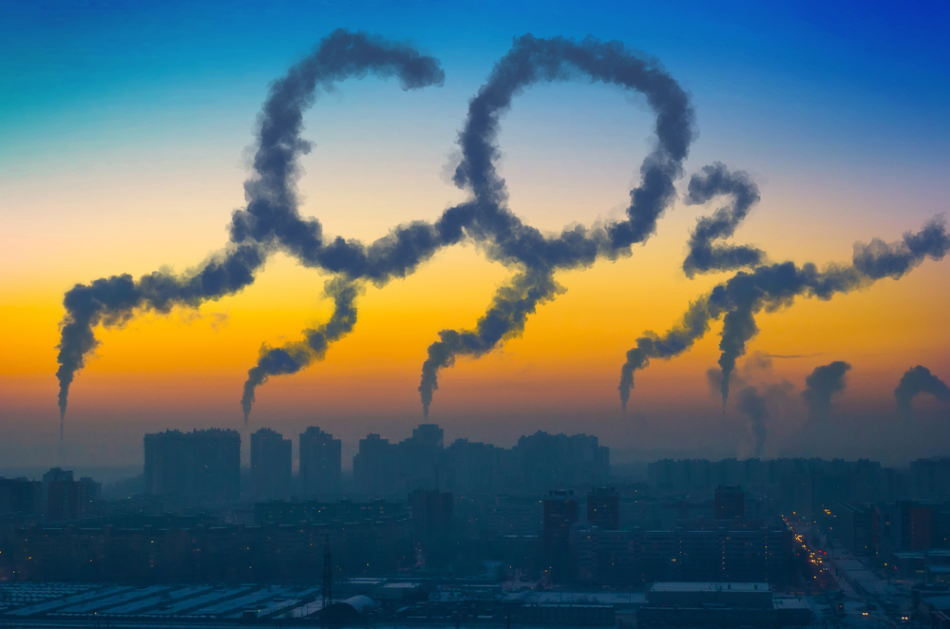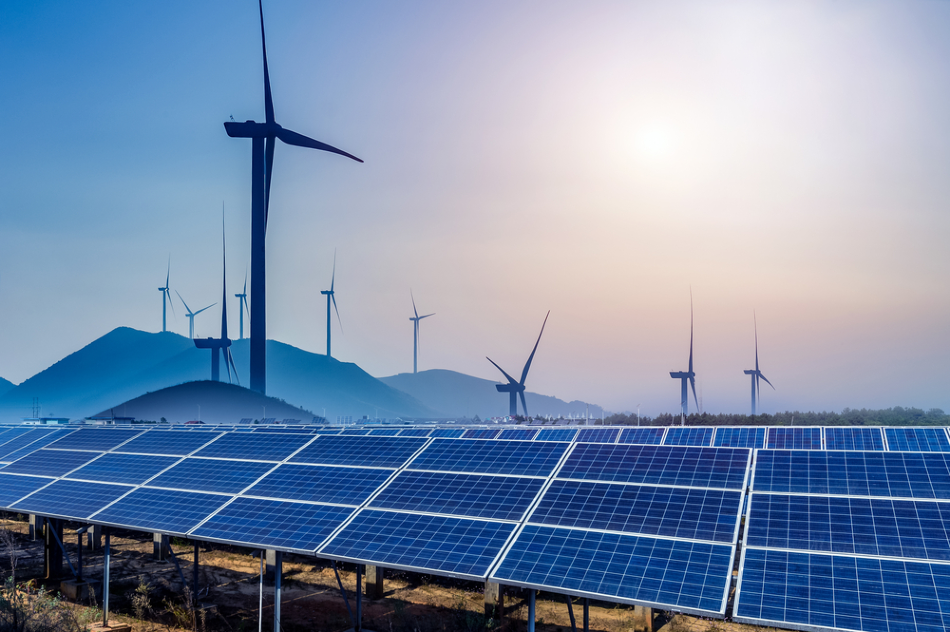.png) Interview conducted by Emily Henderson, B.Sc.Jun 12 2020
Interview conducted by Emily Henderson, B.Sc.Jun 12 2020
Professor Ric Williams from the University of Liverpool speaks to AZoCleanTech about the effect of COVID-19 on our climate.
What are the effects of the COVID-19 lockdown on our progress to meeting the Paris Climate agreement?
There has been a 30% drop in the UK’s daily CO2 emission levels since lockdown began over 80 days ago in mid-March. This translates to an 11% reduction in the UK’s CO2 annual emissions compared to pre-lockdown levels.
At face value, this reduction in CO2 emissions will be viewed as a positive change by many, although of course, no one would ever welcome the terrible cost of the pandemic. However, most of this reduction in CO2 emission will be temporary and will only continue whilst we remain in lockdown. As lockdown measures are eased and transport usage increases over the coming months, CO2 emissions will begin to rise once more towards pre-lockdown levels.
To avoid exceeding the 1.5oC warming target set out by the Paris Climate Agreement, the UK must reduce its emissions by 3% per annum to reach its net-zero ambition by 2050. Whilst this 11% reduction during lockdown goes much further than the 3% annual reduction target, sustained and year on year action over the next 30 years will be required for the UK to achieve its net-zero goal.

Image Credit: aapsky/Shutterstock.com
What has the drop in CO2 emissions during COVID-19 told us?
During the lockdown, there have been drastic changes in our collective behavior. Carbon emissions linked to aviation have dropped by 90% and emissions from other forms of transport have been halved compared to pre-lockdown levels.
Yet despite enforced social distancing and limited travel, our CO2 emissions in the UK have still only reduced by 30% over the last 80 days, which means that 70% of our current CO2 emissions have remained.
So, why has this reduction been so limited? The answer is simply due to how much our CO2 emissions are tied into how we produce energy and use energy, both in industry and in the home.
The COVID-19 crisis has provided us with a unique insight into the effect our different actions have on emission levels. It has clearly demonstrated that changing our behavior can have an effect, as evidenced by the 30% reduction emissions, whilst highlighting that further collective action will be needed to sustain the change we need.
What do we need to do to meet the net-zero carbon goal by 2050?
There are several major goals that we need to work on for the UK to meet its net-zero goal:
- We need to reduce the demand for energy and continue the expansion of renewable energy. There has been major progress in reducing the carbon emissions from the UK by 40% since the 1990s by improving the efficiency in energy generation, in large part due to the success of offshore wind and the renewable energy sector.
- We need to change how we heat our homes, making the transition from fossil fuels to electrification.
- We need to change how our transport system operates, expanding low carbon ways of travel by vastly increasing the use of electric vehicles and harnessing hydrogen-based technologies to power public transport.
- Developing ways of capturing the CO2, whether that is from growing trees and enhancing green spaces or by developing chemical ways of utilizing the CO2.
How we restart our economies and the extent to which we follow net-zero targets for carbon will be crucial as we move out of lockdown.

Image Credit: hrui/Shutterstock.com
What have we learned from COVID-19 that may help with climate change?
The COVID-19 crisis has taught us all that changes to our lifestyles are possible and we do not always need to maintain the standard way of operating. There have been positives that have come from this change, such as adopting more flexible ways of working, experiencing the benefits of less air pollution, and becoming aware of the benefits of green spaces. COVID-19 has presented us with an opportunity to reset our priorities.
As we move out of lockdown, we have the opportunity to make choices that enable society to move towards a safer future, both in terms of resilience to future pandemics and mitigation of the most destructive effects of climate change.
Whilst some of these actions can be undertaken by individuals, there must be a systematic change in the way we produce and use energy for the UK to have any chance of meeting the Paris Climate Agreement.
About Professor Ric Williams
Ric Williams is a Professor in Ocean Sciences at the University of Liverpool, conducting research on the ocean and the climate system. His climate research focuses on how much carbon may be emitted before exceeding the Paris warming targets; how surface warming increases linearly with carbon emissions; and how these may be delayed warming even after carbon emissions cease. His ocean research focuses on how the ocean gains heat and how the overturning varies in the North Atlantic, and how Southern Ocean overturning affects atmospheric CO2.
Ric Williams obtained a Physics degree at Bristol University, a Masters in Atmospheric Physics at Imperial College London, and a Ph.D. in Physical Oceanography at the University of East Anglia. He has worked as a research associate at Imperial College and won a 2-year fellowship at Massachusetts Institute of Technology, and then moved to the University of Liverpool. He has 90 peer-reviewed publications and a textbook on ‘Ocean Dynamics and the Carbon Cycle’. He also is the Associate Pro-Vice-Chancellor for Research and Impact for Science and Engineering at the University of Liverpool.
Disclaimer: The views expressed here are those of the interviewee and do not necessarily represent the views of AZoM.com Limited (T/A) AZoNetwork, the owner and operator of this website. This disclaimer forms part of the Terms and Conditions of use of this website.